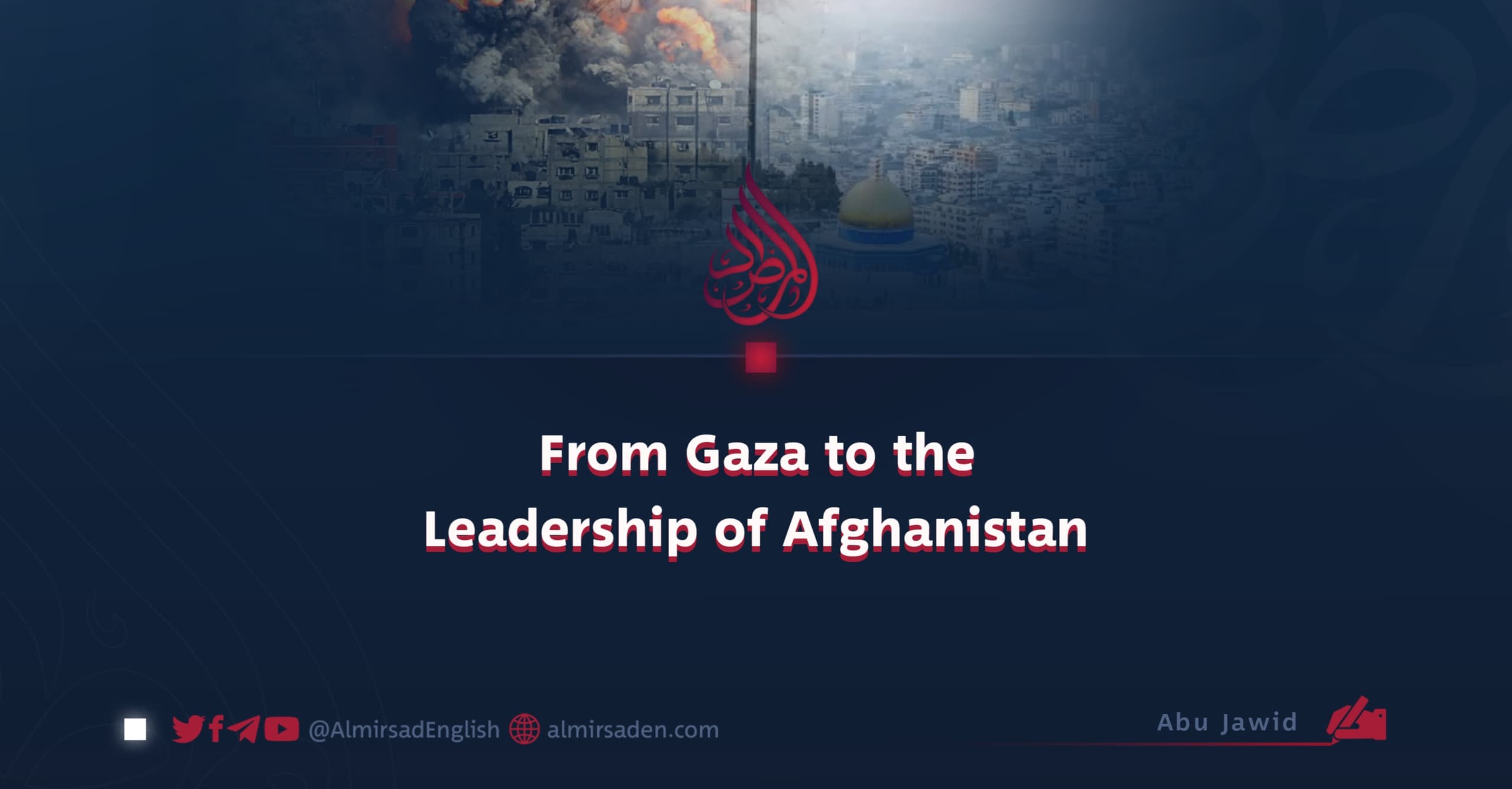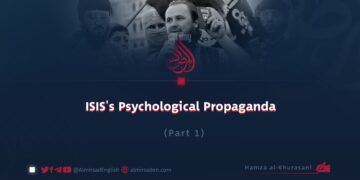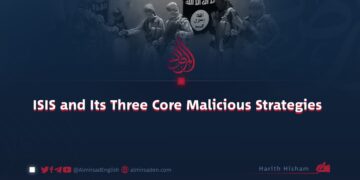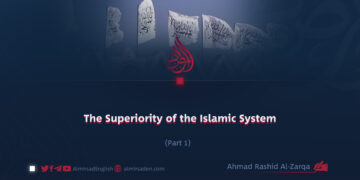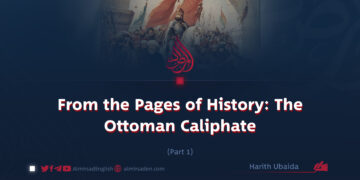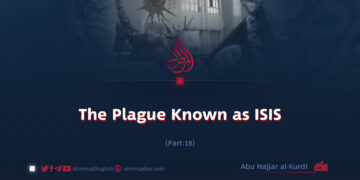A few days ago, at the 51st session of the Organization of Islamic Cooperation (OIC), Afghanistan’s Foreign Minister, Mawlawi Amir Khan Muttaqi, delivered a powerful address on behalf of the Afghanistan. His speech was not only a sincere fulfillment of his diplomatic mission but also a resonant voice for the oppressed people of Gaza. It was so impactful that it seemed as though a Palestinian representative were speaking from the podium.
FM Muttaqi began by condemning Israel’s recent bombings of Iran, describing them as a blatant and unacceptable violation of Iranian territorial sovereignty. He called on OIC member states to recognize the urgent need for unity within the Muslim Ummah, emphasizing that the Islamic world must rally around shared values and collective responsibilities. “Now is the time,” he asserted, “to reflect deeply on the causes of our stagnation and to confront the challenges that have hindered our progress, so we may present a proud, independent identity to future generations, one rooted in our own history and civilization, not in foreign imitations.”
Turning to the dire situation in Gaza, Muttaqi condemned the unfolding atrocities as a flagrant violation of human values and international norms. He described the Israeli regime’s aggression as nothing less than genocide against the Palestinian people and called for urgent and decisive action. He reminded member states that standing against such injustice is not merely a political imperative but a moral duty resting on every human conscience.
He then transitioned to the broader theme of reviving Islamic brotherhood, urging Muslim nations to rise beyond passive roles in the evolving global order. He stressed that Islamic countries must not act merely as observers but emerge as influential and defining players on the world stage. Reiterating this appeal, he called for the restoration of genuine unity among Muslim states, asserting that the Islamic world must play a profound and strategic role in shaping international decision-making.
FM Muttaqi next spotlighted Afghanistan’s progress under the leadership of the IEA. He highlighted key achievements in governance, economic development, security, and foreign relations. He also criticized the United States for confiscating Afghanistan’s sovereign assets, emphasizing the severe economic hardship this has imposed on the Afghan people. He urged Washington to release these funds without further delay or obstruction.
Outlining the IEA’s broader vision, Muttaqi affirmed that Afghanistan’s foreign policy is based on mutual respect and balanced diplomacy. He called on OIC member nations to support countries like Afghanistan and Syria, which are emerging from conflict and striving for stability and independence. He also declared that Afghanistan is ready to serve as a vital gateway for transit, trade, and regional economic integration among Islamic nations.
In conclusion, Mr. Muttaqi returned to the plight of Gaza, urging immediate collective action to end the bloodshed and deliver humanitarian assistance. He implored Islamic countries to treat the crisis as a matter of urgency—one that demands more than statements, but coordinated and courageous intervention.
The speech was a compelling embodiment of Islamic solidarity. It began and ended with Gaza, affirming the principle that the wounds of one part of the Ummah must be felt by all. But who, in reality, will respond to this noble call?
Saudi Arabia? The same state that played the role of a “milking cow” for Western powers like Trump?
Egypt? A nation where secularist policies have stifled the very spirit of Islamic unity?
Qatar? Which gifted a multi-million-dollar aircraft to Trump but remains deaf to the cries of starvation and grief coming from besieged Gaza next door?
The United Arab Emirates? Which rolled out dancers and celebration squads in open embrace of U.S. political agendas?
Despite the numerical strength of Muslims globally, the Ummah today suffers humiliation because the core of Islamic brotherhood has been abandoned. Fractured by internal rivalries and consumed by mutual distrust, the Muslim world finds itself weak in the face of injustice. It is my conviction that if this region had just two or three united and technologically capable countries like Afghanistan, the arrogant dominance of imperialist powers such as the United States would not go unchallenged. Their horns would not be so long as to threaten a single Muslim, let alone an entire nation.































